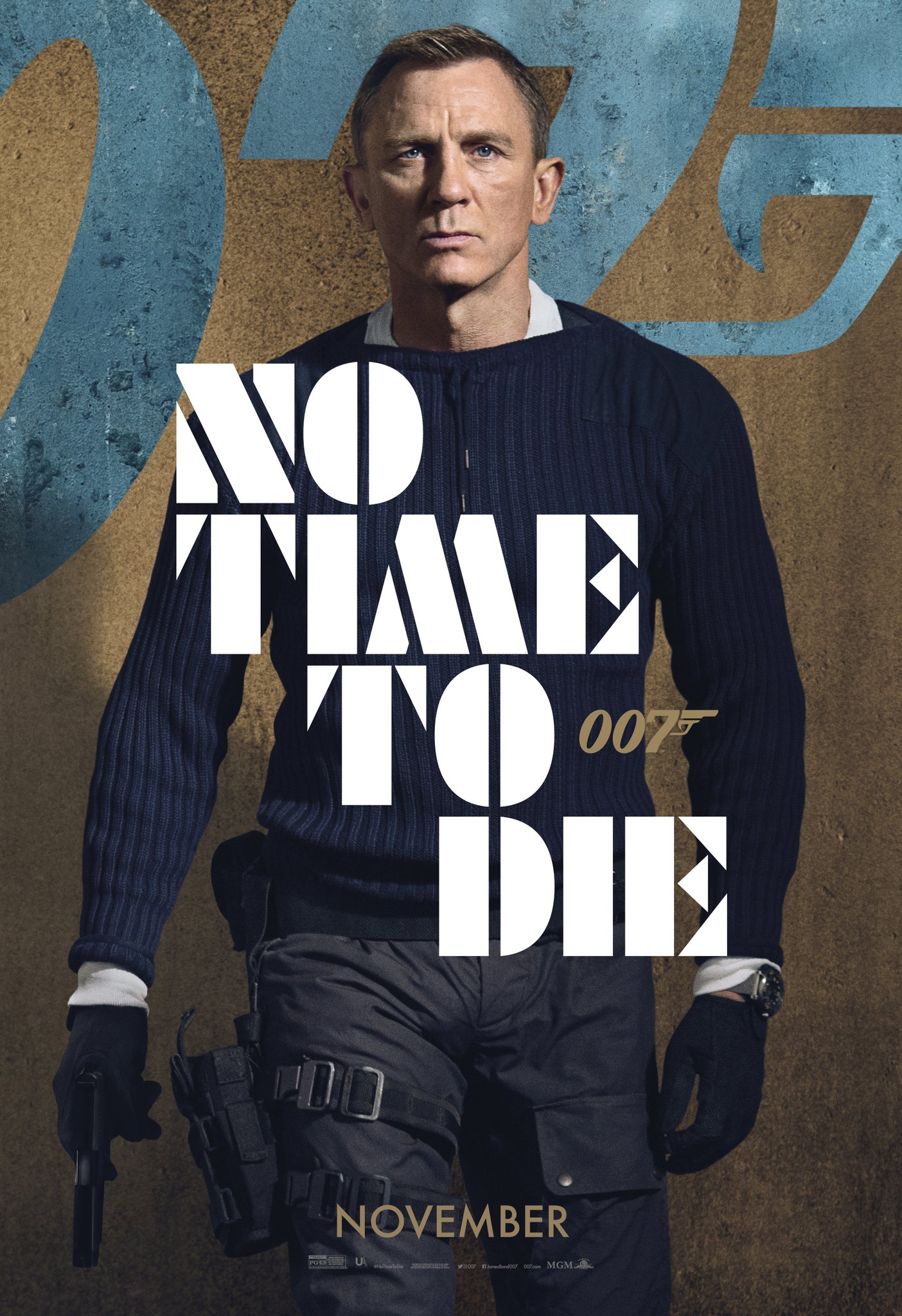
John Meston title card for an episode of Gunsmoke
Another in a series about unsung figures of television.
In the 21st century, it’s hard to remember how popular Westerns were on U.S. television. At their height, Westerns had their own category in the Emmys.
The one Western that stood above the others was Gunsmoke, which had a 20-year run on CBS. And one of the show’s key figures was writer John Meston, who co-created the Gunsmoke radio show in 1952.
Meston’s radio scripts were initially adapted for television. In those early days, they’d often they’d be assigned to other writers, including future movie director Sam Peckinpah.
By the show’s second season, Norman Macdonnell, Gunsmoke’s other co-creator was now in the producer’s chair. Meston was writing full television scripts, either adapting his radio work or penning new stories. Meston would be the primary writer for the TV show’s first 10 seasons, even outlasting Macdonnell, who was replaced as producer during the 10th season.
‘It’s Too Late’
Meston’s scripts included Bloody Hands, a 1957 installment in which Matt Dillon (James Arness) almost falls apart after killing three of four bank robbers in self defense. Tired of the bloodshed, Dillon quits his U.S. marshal job.
For a brief while, Dillon enjoys his respite. He beats Doc (Milburn Stone) in a game of checkers and goes fishing with Kitty (Amanda Blake).
But Dillon, in the end, can’t escape. A gunman has killed one of saloon women at the Long Branch. Chester (Dennis Weaver) rides to the stream where Dillon and Kitty are relaxing.
Chester, uncharacteristically is wearing a gun belt. He hands it to Dillon. No one else is capable of taking the gun man. “I would if I could, but I ain’t good enough,” Chester says.
Dillon attempts to protest. An emotional Chkester replies “it too late for that, Mr. Dillon. Just way too late.” Dillon takes the gun belt. The episode ends with Dillon riding back to Dodge City. Dillon has been dragged back into the life he thought he could escape from.
A Footnote
Admittedly, this post has nothing do with spies. However, I was watching a 1964 Meston-scripted Gunsmoke on Monday night (Dry Well). Like a lot of Meston stories, it ends less than happily with a tragic and unnecessary death.
“What a waste,” says Burt Reynolds’ Quint Asper, a Meston-created character introduced in the early 1960s. As a result, I tweeted out an image of the Meston title card shown in this post.
That tweet got more of a response than I expected. So I figured Meston definitely merited an entry in the blog’s “unsung figures of television” series.
Meston died in 1979 at the age of 64. The New York Times published a four-paragraph obituary published by the United Press International news service. One of the prolific and talented writers on television ended his life as a footnote in the newspaper of record.
Filed under: Uncategorized | Tagged: Amanda Blake, Burt Reynolds, Dennis Weaver, Gunsmoke, James Arness, John Meston, Milburn Stone, Norman Macdonnell, unsung figures of television | Leave a comment »










